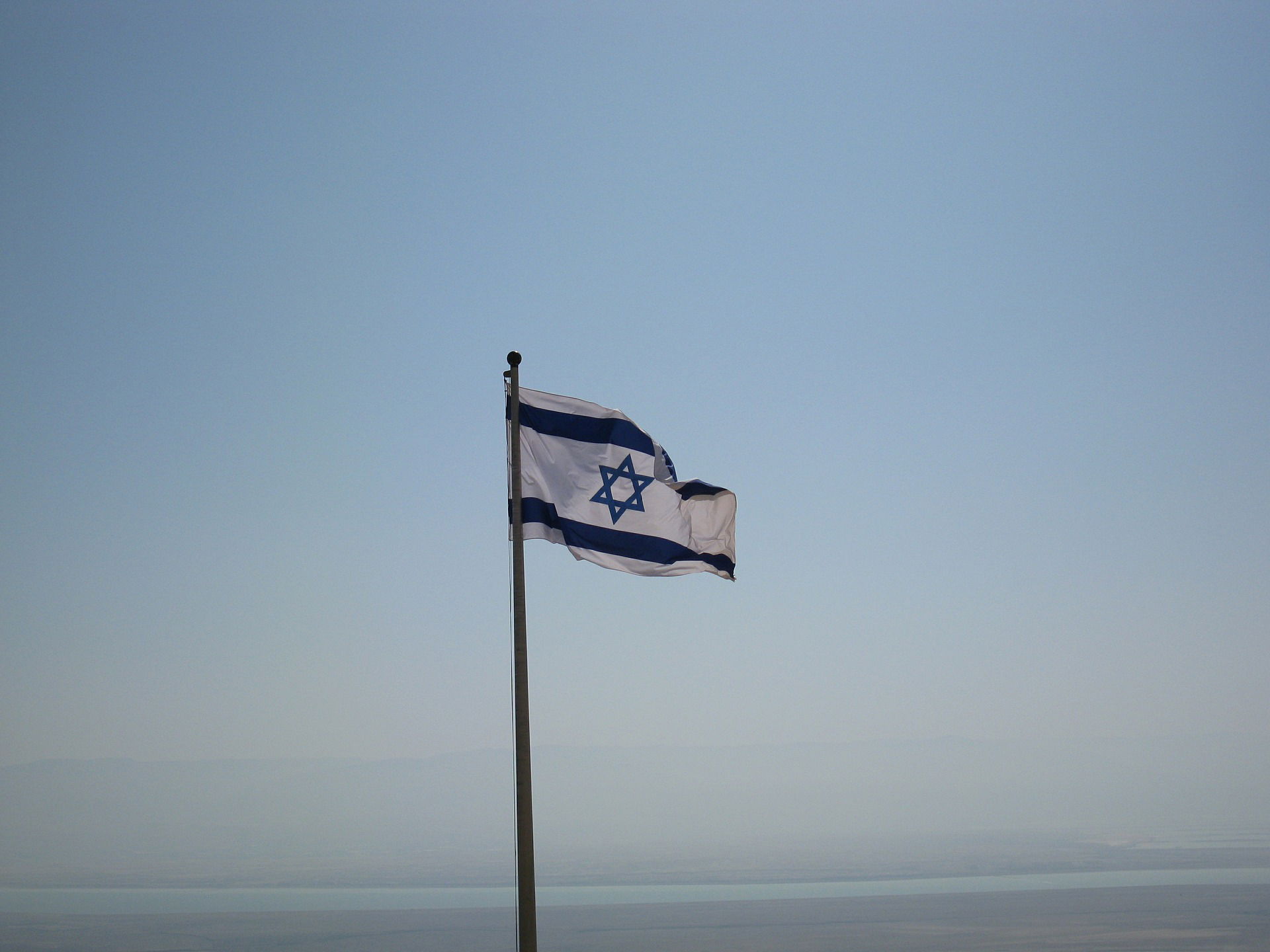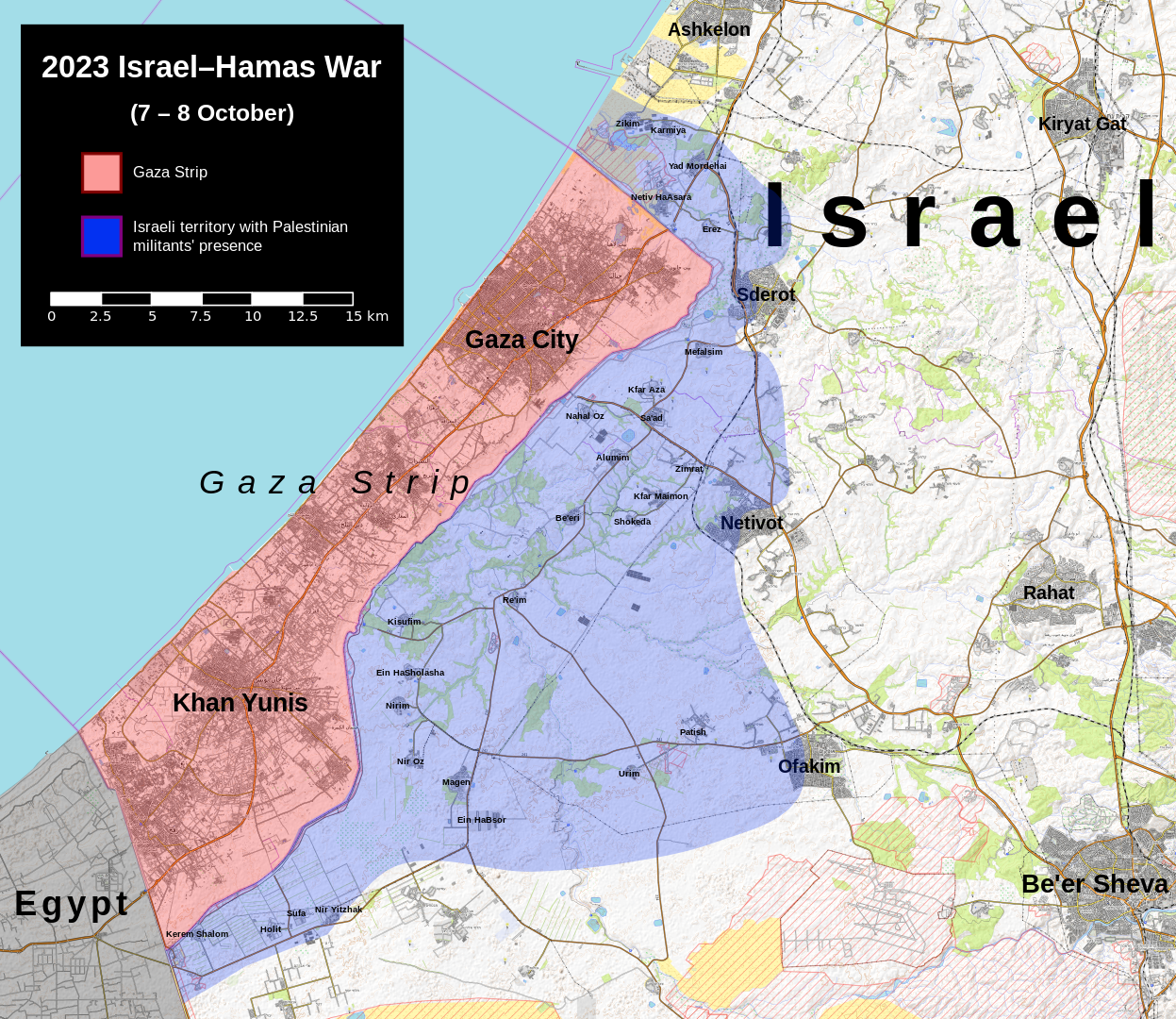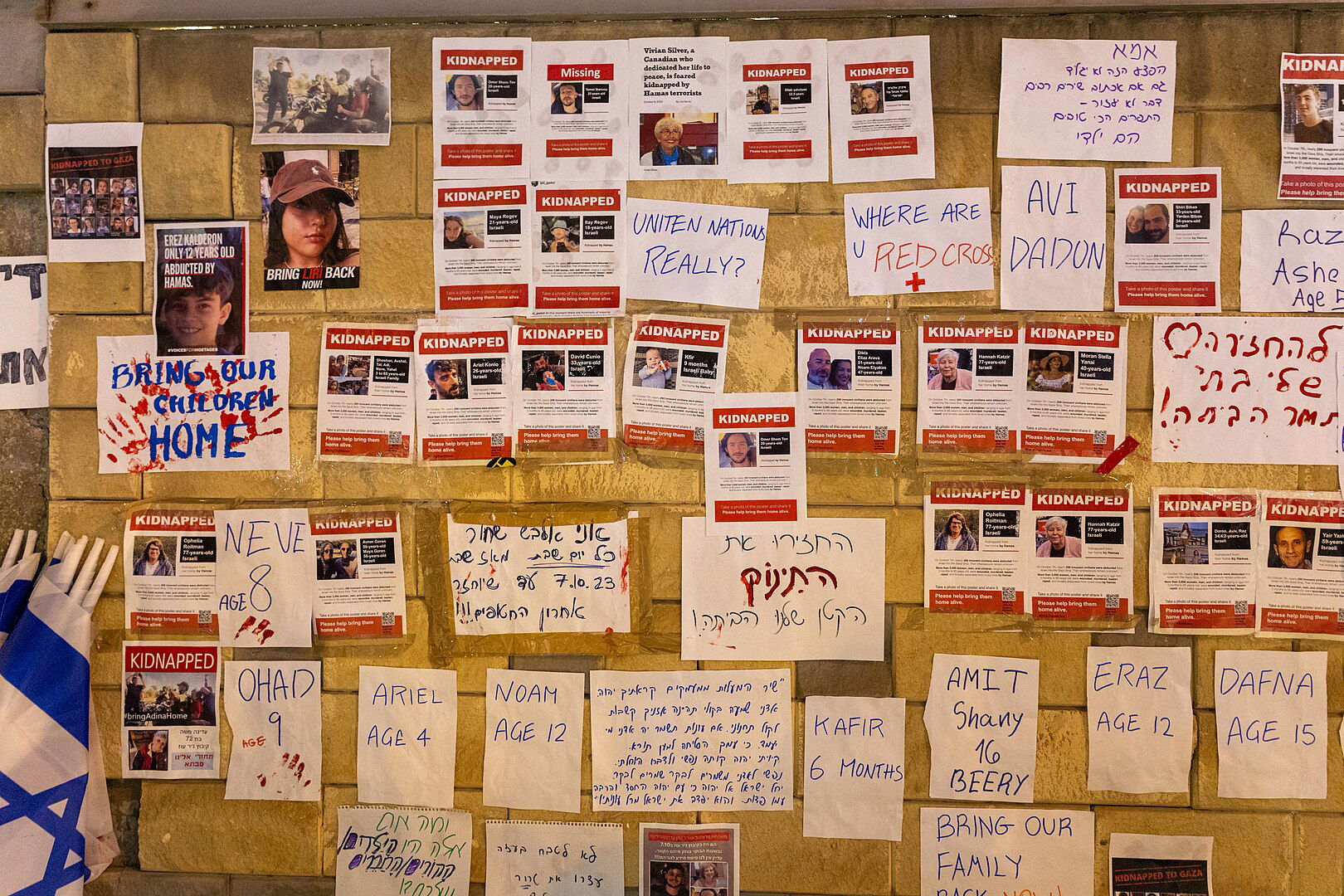An Overview Of The Israeli Response To The October 7th Attacks

Yeshaya Gedzelman
On October 7th, during the Jewish holiday of Simchat Torah, at around 6:30 AM in Israel, Hamas terrorists began massacring Israelis living in the border communities near Gaza. They also shot off thousands of rockets at Israeli civilians, during the initial hours of their massive, murderous attack that Hamas called Al Aqsa Flood. The first day of the war was the deadliest day for Jews since the Holocaust, with over 700 Israelis killed. Only several days later, the terrorists within Israel had finally been neutralized and the Israel Defense Forces (IDF) had re-taken all Israeli towns that were overrun by Hamas. The sheer brutality of the terrorists enraged Israelis watching the horrifying videos of the atrocities committed by Hamas. They beheaded soldiers and civilians, raped women, killed babies and children and dragged dead bodies through the streets. Hamas and the Palestinian Islamic Jihad (PIJ) also managed to kidnap over 240 people in Israel that are now being held hostage inside Gaza.
Israelis, bound by their shared grief and mutual disgust of a common enemy, have united across the political spectrum, in the wake of the human, financial and psychological destruction wrought by Hamas. Brothers and Sisters in Arms, an organization that once called for IDF veterans to refuse to report for reserve duty over the judicial reforms, have rallied to the flag in support of the war effort. In a statement on October 7th, the group called for reservists “to stand up for the defense of Israel without hesitation and immediately”. Its members now donate IDF uniforms, while others shepherd supplies to the soldiers on the front line. Benny Gantz, head of the Blue and White party and an ardent opponent of the recent judicial reforms, announced on October 11th that he was joining a unity government with Israeli Prime Minister Benjamin Netanyahu. Other political figures who opposed Israel’s judicial reforms, such as Yair Lapid and Avigdor Liberman, have said they are open to joining the government providing that the government agrees to certain concessions. However, in subsequent weeks, the national unity government with Lapid and Liberman never emerged. Both leaders verbally sparred with Netanyahu, accusing him of trying to shift the blame for his failure to prevent the surprise attack on the seventh.

Extent of Hamas Advance| Image By Ecrusized| Licensed under CCA 4.0
The issue of the hostages has also tested Israel’s national unity. Netanyahu faced scathing criticism from family members of the hostages for failing to meet with them during the first week after October 7th. Those with families being held in Gaza have understandably become desperate for Netanyahu to broker a prisoner exchange. The fact that Hamas released 4 hostages unilaterally, has given hope to the families of the hostages that it might be possible to reach an agreement with Hamas that would return their loved ones to their homes. However, Israeli Defense Minister Yoav Gallant has met with the families of the hostages and dismissed the possibility of a hostage-prisoner exchange, claiming that "if it was that simple [to do a swap], it would not be a problem". Gallant said that Hamas was "cynically using those who are dear to us" as part of their "psychological games". He assured the families that "the ground operation is intertwined with the effort to return the hostages" and that "returning hostages is part of the victory".
On October 30th, almost three weeks after being kidnapped by Hamas, Private Ori Megidish, a soldier in the IDF's observation unit was rescued in a special forces operation in Gaza. Margalit Megidish, Ori's mother thanked the IDF for returning her daughter and said that now "we pray for the rest of the hostages and those missing and our heart is with all the families.” The rescue gives the Israeli government a sorely needed victory that is likely to provide hope for the families that more rescues like this can be achieved. Still, Ori is the only IDF soldier to be freed so far (as of the time of writing this) and rescuing all or most of the hostages will prove extremely challenging for the IDF. The first reports from those who have returned from Gaza have indicated that hostages are probably being held separately, under constant guard, and very likely underground. Barring any additional unexpected hostage releases, which appear increasingly unlikely, the IDF military activities in Gaza remain the only chance for the hostages to be freed.

Posters in front of the Kirya, calling for the return of Israeli hostages taken to Gaza| Photo by Oren Rozen| Licensed under CCA 4.0
Following the brutal surprise attack by Hamas, Benjamin Netanyahu and other figures in the establishment have vowed to dismantle Hamas at all costs. Eliminating all of Hamas's capabilities will require a ground operation that will test the IDF's abilities in urban warfare. The IDF will face tens of thousands of terrorists in Gaza, an array of improvised explosives, booby traps, and a labyrinth of tunnels. Amidst this death trap, the IDF must also try to rescue the hostages and minimize collateral damage to civilians, all while operating in a condensed urban environment, with Hamas using human shields.
Despite the high cost of such an operation, Israel has no doubts about its necessity. The attacks on October 7th have shown that the status quo vis-a-vis Gaza presents an untenable and existential threat to Israel. It has also become clear that the enemies of Israel have been emboldened by the success of Hamas. If Israel is to restore its deterrence and prevent a recurrence of the cruel and gruesome massacre its citizens suffered, it will need to ensure the re-emergence of any militant presence in the Gaza Strip. For this to happen, Israel will need to re-occupy the Gaza Strip for a period of time until Israel can transfer its control to a responsible Palestinian organization or multinational authority. Taking administrative and military responsibility for Gaza will be a difficult and costly effort but it is preferable to returning to the status quo, which is no longer an option for the vast majority of Israelis. Instead, Israel must do what is necessary to eradicate Hamas before hopes for a brighter future for Israelis and Palestinians can be realized.